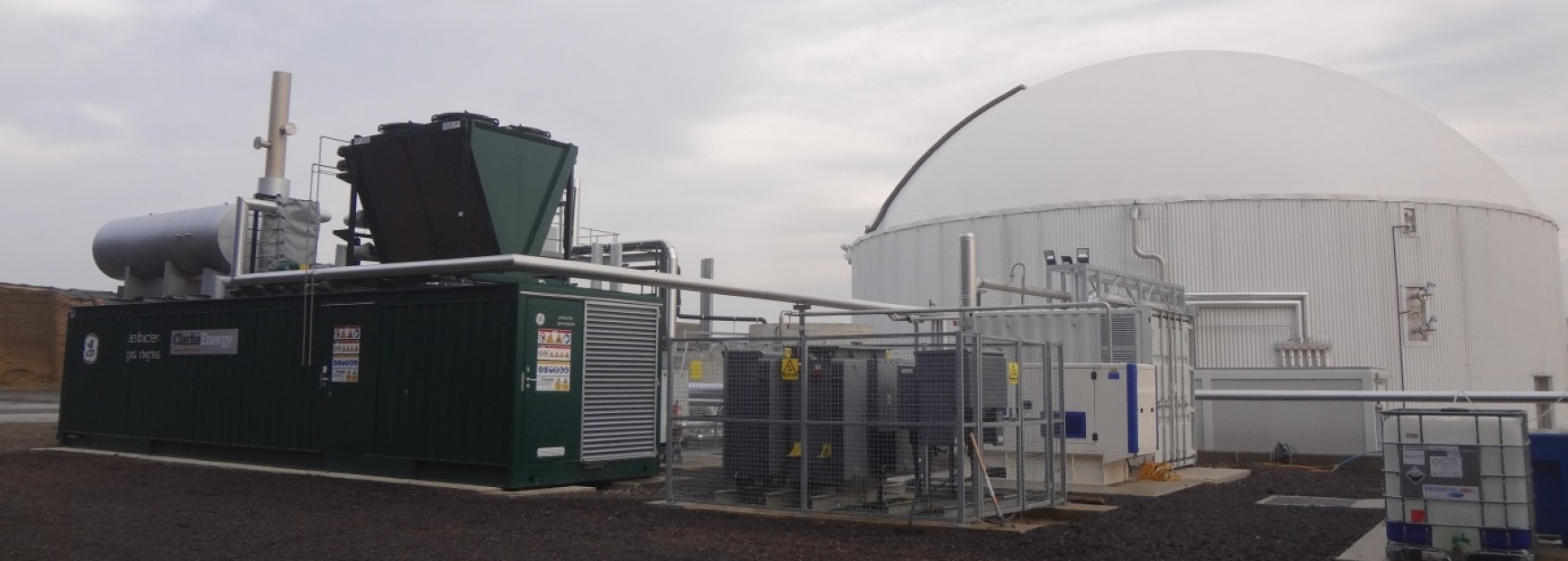Oli Coe from FEC Energy looks at this diverse topic.
Timing is everything when it comes to maximising your export income, however selling energy can be a daunting task. We highly recommend that you check the small print on your Power Purchase Agreement (PPA) contract to ensure you are on the best deal. There are a large variety of PPAs in the electricity market today and without a bit of knowledge, getting a good deal can be a challenge. However, with a little bit of effort it’s easy to identify the best deal; actually, it can be surprising how much you pay for convenience. We have outlined the key factors to consider and how each affects the price you will actually receive.
Third party commissions – Using a knowledgeable broker to arrange your PPA will give you peace of mind, save you time and should get you a better deal that more than pays for their fees. However, third party commissions can be hidden in the detail of a PPA; do you know how much your Broker is being paid? Beyond third party commissions, and depending on the complexity of your power purchase product, management fees may be charged by the power purchaser.
Embedded benefits – The Distribution Network Operators (DNOs) benefit from local generation, as it means that they don’t have to import from the National Grid to their network and the stress on the local network should be less. DNOs pass on this benefit in the form of Generation Distribution Use of System (GDUOS) and TRIAD payments (paid to generators operating during the three peak half hour consumptions in the year). However, not all PPAs pass on all of the benefit, which essentially means less money in your pocket.
Renewable incentives – Payments for schemes like the Renewable Obligation Certificate (ROC) and Feed-in Tariff (FiT) scheme may be built in a PPA. The ROC buy-out fee (i.e. what a ROC is worth) is set by Ofgem but the admin fee may vary. Check what percentage is being taken by the supplier as it can vary.
Speed of payment – Having invested a significant amount in a renewable generation plant cash flow can be important. Not all suppliers pay as quickly as others.
Penalty clauses – These can be related to contract length or underperformance of a generation asset. At its very simplest, some contracts will penalise you if you do not generate as much electricity as expected. In many circumstances, fixing a long term PPA contract may be the right choice, however things can and do change on sites with generation including an increase in site loads, which may mean that you are no longer meeting your minimum export requirements. A similar situation may be where generation is not performing as well as was expected at the outset of the contract. In both instances, a site may be liable for payments to the PPA provider for the loss in generation.
Can you afford that uncertainty?
If the answer’s no, contact Elisa or Max on 024 7669 8899 to discuss your requirements further. We have a wealth of experience doing just this and actively manage over £20 million of distributed generation and £11 million of FiT and ROC payments, including conventional Combined Heat and Power and renewable.


